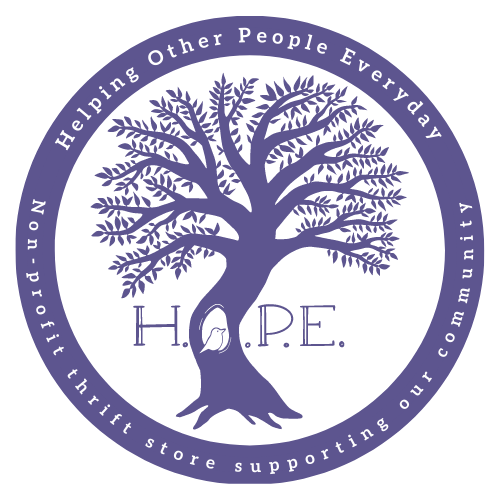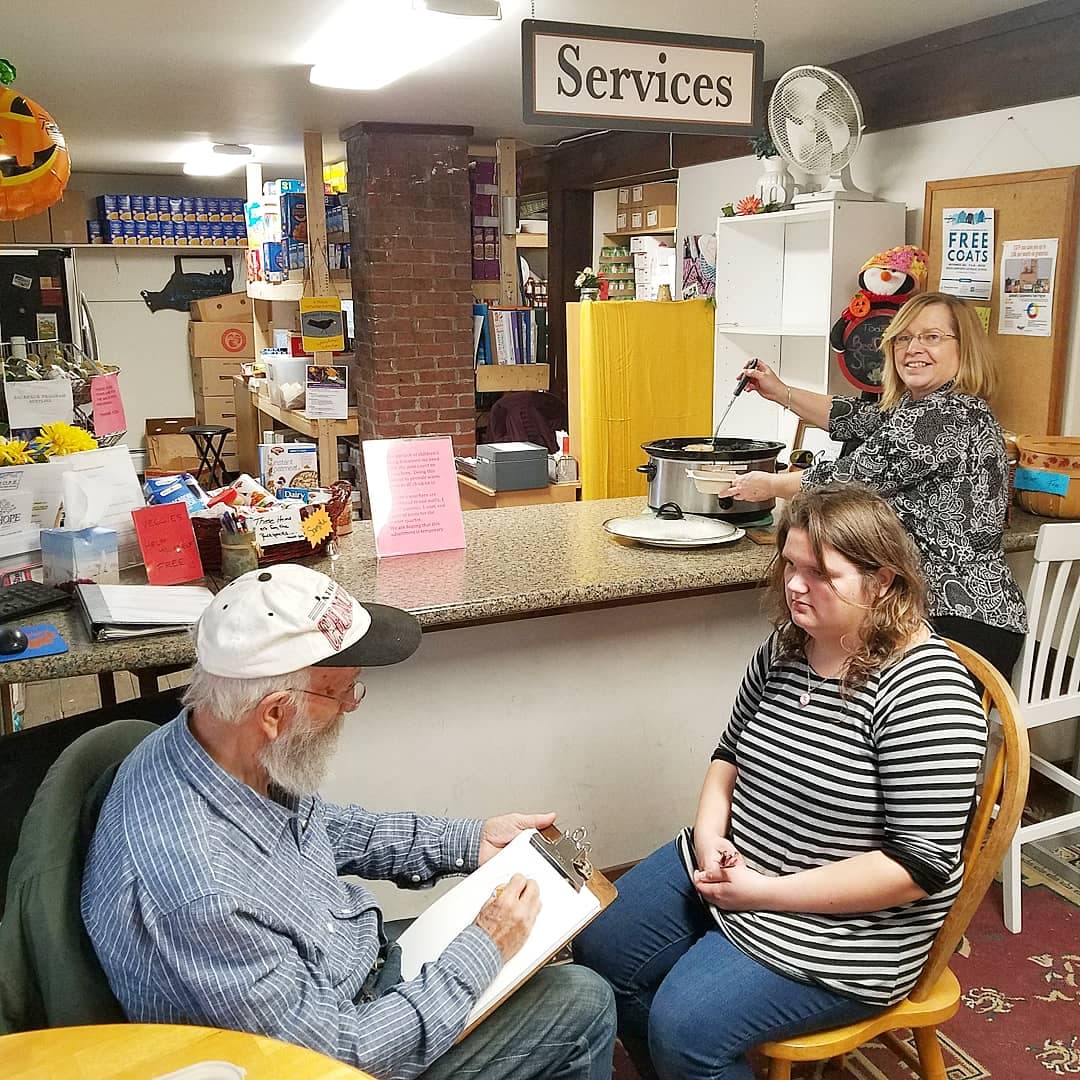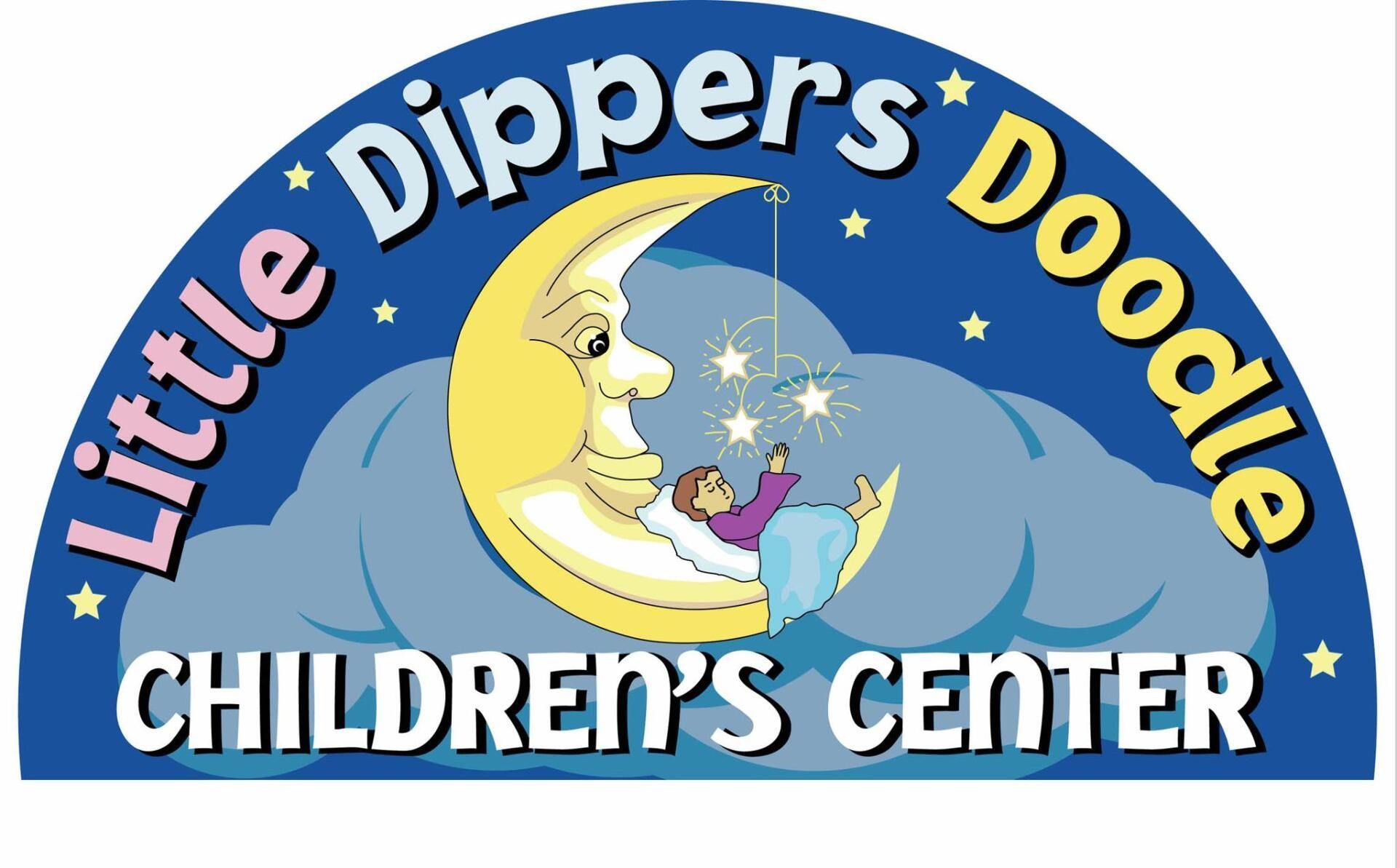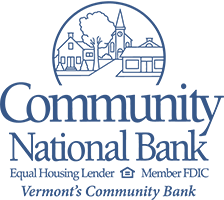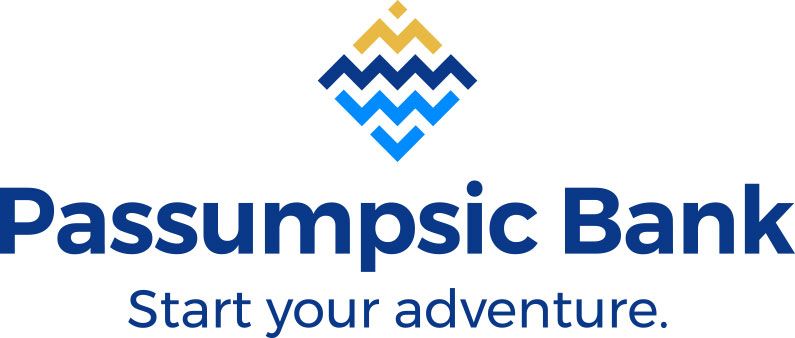The Truth About Helping at the Holidays
- By Dan Haycook
- •
- 18 Dec, 2017
- •
Breaking the stigma of helping families in need.
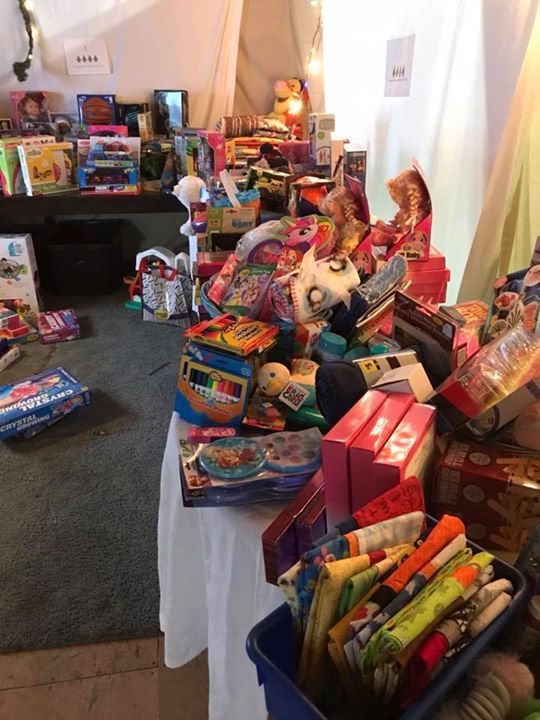
The Truth About Helping at the Holidays
As many of our community members know, our family at HOPE is in the business of Helping Other People Everyday. Helping those in need is not an easy job. It is tests our strength, it can be emotionally draining, and we push ourselves to our limits to do everything possible to help an individual, or family, get back on their feet and moving toward a brighter future.
Far too often our society hears the tales of individuals who are abusing the system, taking advantage, and are getting everything handed to them when they’re just being “lazy” and need to just “get a job”. We’re here to shed some light on this stigma that lingers over families who need a hand.
From our experience, this is just not the case—and it’s why we do what we do each and every day. Our experience is one we wish most people in our society could have a chance to see. Our experience is that of compassion, empathy, gratefulness, selflessness, and things coming full circle. We know that we rely heavily on community support and we want you to know that your support does not go unnoticed, and it is truly going to those who are our most vulnerable. Your support goes directly to those who, with a little empathy from others, can change their current circumstance and live a full, happy, and healthy life.
During the holidays, this is much more evident in the work that we do. Last week we distributed well over 200 Christmas Packages. These packages were both Christmas gifts for local kids, stockings full of goodies for the elderly in our local nursing homes, and care packages to parents living in local shelters and safe houses to just let them know “It’s going to be okay, you’re doing okay”
In the past week we’ve seen tears of joy from single parents who had lost their job, just recently started working, but hadn’t saved enough for Christmas gifts yet.
We’ve gotten hugs from grandparents who are raising their grandkids as we dropped off their gifts and cookie mixes.
We’ve seen tears of joy from families who’ve lost everything in a home fire, or from fleeing a violent situation.
We’ve seen families turn items away because they want to be sure there are things for the other families.
We’ve seen shelter families send back jackets that we gave their kids, because they’ve already received one from someone else and they don’t want to take more than they need.
The point is, we’ve seen the opposite of the undeniable stigma that families in need get day after day, week after week, year after year.
We see tears of joy.
We see smiles.
We see hugs.
We see gratefulness.
We see compassion.
We see empathy.
We see our community helping other people every day, and the appreciation from the families and community members receiving that help.
We eventually see those we’ve helped, helping others.
Happy Holidays from our family to yours.
--HOPE
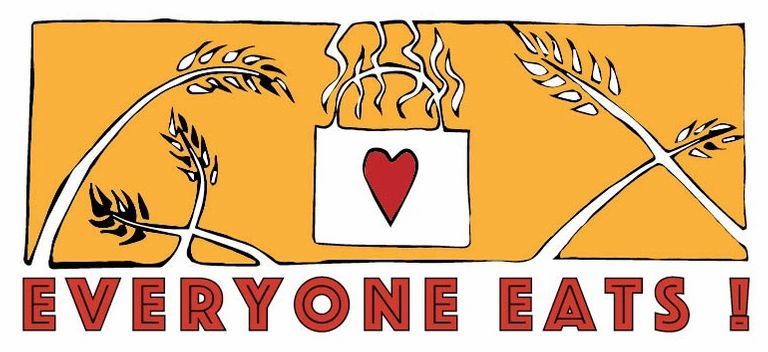
Everyone Eats in the NEK has wrapped up as of June 30th 2021. A huge thank you goes out to The Burke Publick House for providing ready to eat meals over the last 10 months.
We'd also like to thank NECKA, without who's help this program wouldn't be possible. With their help, H.O.P.E. was able to distribute 1,496 meals, which fed 261 NEK residents, in 101 households over the course of the last 22 weeks alone!
Thank you to everyone who made this program the sucess that it was.
Together, we were able to help other people, everyday!

Over the past two years, when our region was hardest hit by the economic and social impacts of Covid-19, The White Market stepped up and continued their community fundraising campaign, just months after launching the program. In just over 2 years, more than $225,000 has been raised for the multiple non-profit organization recipients. It is truly astonishing what giving a little can do in a community our size. We are continually humbled by the generousity of our supporters, and the giving nature of those in the Northeast Kingdom.
Your continued support enables us to carry on our mission of helping other people, everyday.
We would not be able to do all that we do without you.
Thank you all!
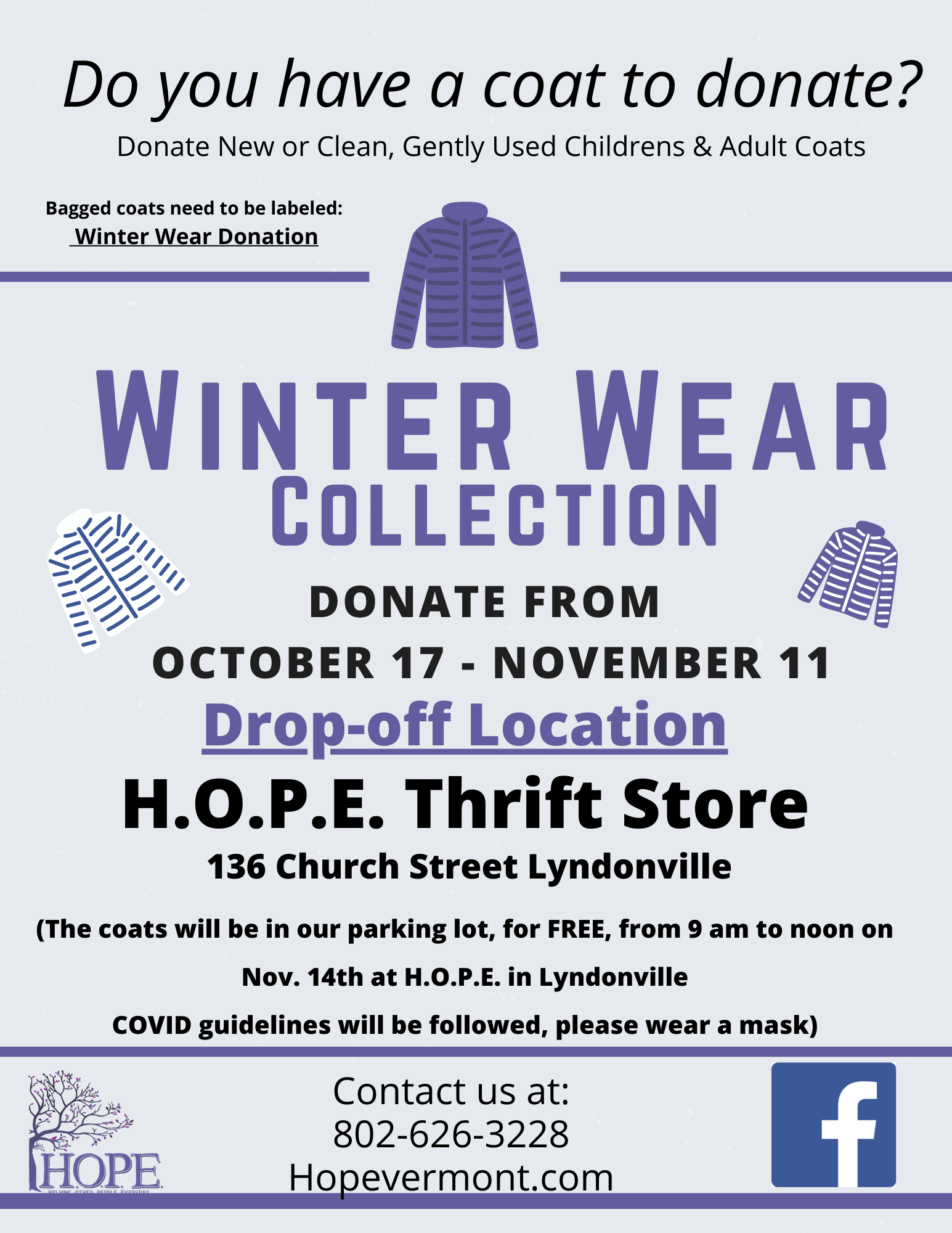


Thanksgiving Day Turkey Trot
Cafe Lotti
4 mile course, out and back
Run/Race/Jog/Walk/Stroll…...ok, you get the gist
“FREE”
Donations Accepted: $$, kid’s coats, hats, gloves, and all Seasonal clothing
Presented to H.O.P.E (Helping Other People Everyday)
Closest to predicted time wins 1st, 2nd, 2rd Place Prizes
Honor system…...No Electronic Devices allowed…...pure fun!
Everyone has a chance at being a winner…...Volunteers needed too!
Registration: Thanksgiving Morning 7am at Cafe Lotti
November 28th, 2019
Race starts at 8:30am
All takes place at Cafe Lotti, East Burke VT
The course is an out and back from Cafe Lotti, Maple Street, Mount Hunger Road, and back ...fairly flat!
Contact Kevin Moloney kbm267@gmail.com
Special thanks to Johnny and Linda Lotti, Owners of Cafe Lotti
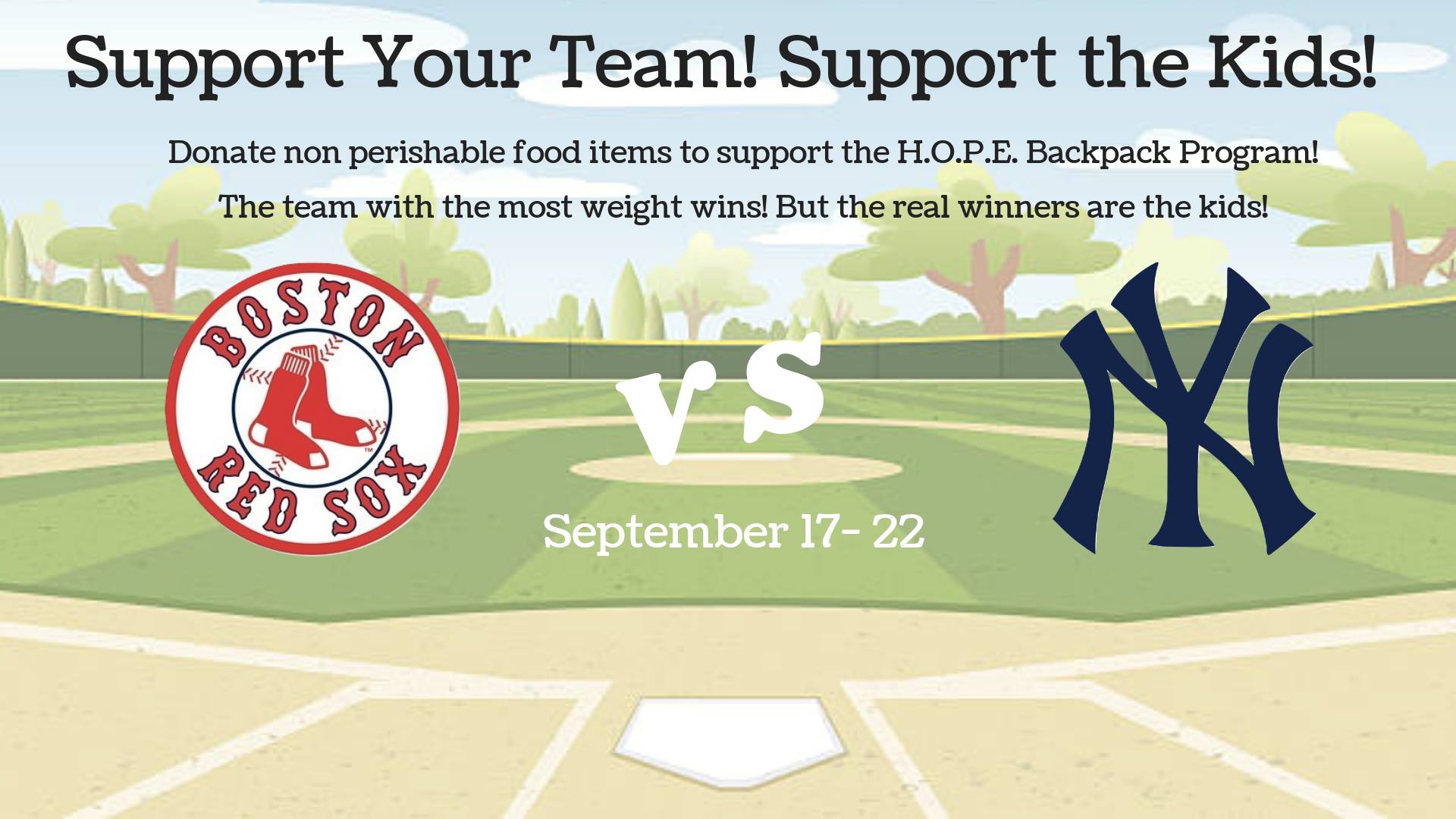

The nonprofit world is not a world that's easily understood unless you're part of it. Developing and running programs is a trial and error process, managing volunteers can be a juggling act, and funding sources can make it difficult, as it's not always a steady stream of funding. On top of this all, you rely heavily on donations and contributions to your organization to keep pushing forward. With all of these variables on the field, you need to be ready to hit the curve ball at any given time. At HOPE, we are constantly learning the curve and doing our best to hit it out of the park. We do our very best to overcome each and every one of these obstacles to provide the best services we can to our community. That's not to say sometimes we don't fall short. That is where we are so very lucky to have such amazing community support, when we strike out, you all are right there supporting us at our next at bat. Let's dive into some of these variables and shed some light on how things work in the nonprofit world.
Earlier we mentioned that developing and running programs is a trial and error process, and it truly is. We have some programs that run so smoothly and function without a hitch; we have other programs that we are still working the kinks out of, and then there are the programs that no longer exist because they just couldn't work the way we envisioned them. When you have an idea, a brilliant idea, you come together as a team to think about how you can make it work. You spend hours going over the pros and cons, you put processes in place, and bam; you think you have a home run. You swing the bat to knock the program out of the park and it ends up being a foul ball, and so it's back to the drawing board. You keep doing this until either the program is a success or you strike out and it's on to formulating the next brilliant idea.
Through all of this work, you're also dealing with last minute issues and problems. In our case, you may be working on a program, or report, and you have a domestic violence survivor coming in for help, or someone drops of a truckload of food donations and you have to drop everything to take care of it. This is because our community, our clients, our donors are our most important supporters, allies, and the reason for our mission. As a result, this sort of program development needs to take a backseat, because people are our priority.
In particular, the donors to our programs are so important to the success of our organization. For example, in the fall and winter--as holidays approach we receive so much support in regard to donations. In the same respect, that seems to be the time of year that the Vermont Food Bank is able to provide more when we purchase food from them. Fast-forward to the summer months and our services typically increase as many families lose some of the support they rely on because school is out for summer. At the same time, these are the months that we receive the least amount of contributions in regard to food--particularly protein. So what do we do? We scramble to be able to provide protein for our food shelf participants. We try to push sales in the thrift store because the extra income will help us fill that gap, we scramble looking for more grant funding because that will help us fill the gap, we do what we need to do to continue to be able to provide for our clients.
Our community support doesn't just end with donors; it's our volunteers too--which throws another curveball at you! In regard to volunteers we notice the reverse effect than the situation we are in with donors. In the winter months when we have a ton of events and programs happening, and we have a ton of donations coming in; we see fewer volunteers. It seems that everyone goes into hibernation for the winter and we are working diligently with minimal staff and volunteers. As mentioned before, summer months is when we have the least happening in regard to events, donations coming in etc., however, this is the time when we see a flood of volunteers. So you see, there is no formula to making a nonprofit run smoothly all the time, as mentioned before, it is a total unexpected curve ball most of the time.
So you swing at the programming curve ball and it’s a hit, you swing at the donor curveball and it’s a hit, you swing at the volunteer curveball and it’s a hit; and just when you think you’re done, the pitcher winds up and BAM another curveball—funding. If you’re a nonprofit, how do you handle funding? In our situation, it’s even more complicated at HOPE because we are a private Non-profit and this is the biggest curve thrown yet.
In the nonprofit world you rely heavily on grant funding and funding from private foundations. In our case, the income generated from the thrift store helps supplement that funding, but doesn’t cover it all. In the world of grant funding there are so many “what ifs” that it can be terrifying at times. There are grants that you apply for and you don’t receive, not because they don’t support your cause, but because they get flooded with so many applications all at once. The other major hurdle with grants is most you cannot apply for annually. Some are a one-time deal, some are every other year, and some are even every 5 years—which makes consistency of funding very difficult. Many foundations that give monetary contributions are very particular about who they give to, and where they give to. In the same respect, corporate foundations will only donate to geographic areas in which their company operates. Vermont is known for promoting small business, and exiling corporate business. This makes it very difficult to go after those funding sources as well. You can say a nonprofit going after funding are like chipmunks looking for nuts before winter comes; packing away as much funding as possible before its all gone.
So you see, when working in the nonprofit world, you need to always be ready for the curveball because you never know what you’re going to be up against. You need to be ready for a funding source to not come through and figuring out how to make it work. You need to be ready to have an influx of volunteers and to figure out how to make it work. You need to be ready to reach out for community support when food donations are down. You need to not be afraid of a program failing, and be ready to stand up, dust yourself off, and swing at the next curve ball that comes your way.
The nonprofit world takes heart, it takes guts, it takes courage. It takes dedicated people who are not afraid of what’s on the horizon, and not afraid to keep pushing forward.
Always be ready for the curveball, but more importantly always swing. Even if you strike out the first time, you’ll knock it out of the park the next time.
